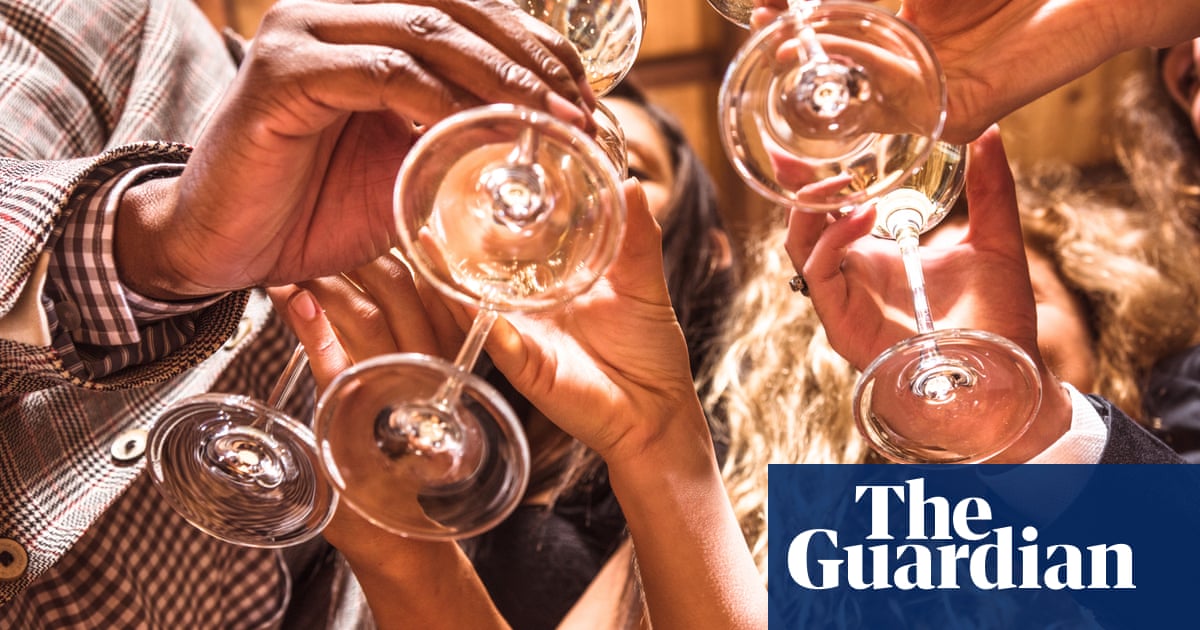
I am not sure who came up with that thing about never saying yes to something in the distant future that you wouldn’t want to do tomorrow, but it is excellent advice. I’d like to buy that person a drink – and I hope they’d refuse.
I am a sufferer of the fairly common affliction of people-pleasing; feeling that I should say yes to everything. Sometimes saying yes is a problem because I know it will be to my detriment, but sometimes it is just agreeing to things that I don’t really want to do. One could argue this has been my entire life until now: many therapists have.
The good thing about getting slightly older, is that one starts to give less of a damn. I have begun saying no, not only to things that would be detrimental, but also to things that actually may be advantageous (to my career, to my personal life) but that I just don’t feel comfortable or enjoy doing. For instance, I no longer agree to spend 45 minutes in midday city-centre traffic travelling to a studio to do a 90-second TV spot, talking about something I only vaguely care about, to “advance” my career or boost my profile. Sure, I am OK to sweat under bright lights and have a heavy-mic pack permanently misshape the waistband of a skirt, but, reader, only if it’s worth it.
I no longer appease men in random bars, or at bus stops, or walking in the street who chat me up, because I somehow feel they are entitled to my time. I swerve events that will bore me; parties where I know I will end up drinking too much, or taking drugs, and then feel awful the next day. If I get 10 minutes into a TV show and find it excruciatingly dull, I will say no, even if the arts pages and social media tell me I must watch it. I will abandon a book if it is awful, when in the past I felt it some kind of failure to not crack a spine fully.
I cannot tell you the change that swapping “OK” for “no” can make. This isn’t about turning into someone selfish, or hermetic, or rude. We must all occasionally do things we wouldn’t otherwise choose to: in order to be a good friend, to be professional, to survive. But saying no is about paying attention to the physical and psychological effects of our commitments. It’s about guarding against burnout, low self-esteem and regret.
Saying no will at first seem a big thing. But, as with anything, practice makes it easier. It brings the quiet confidence of control, the thrill of self-care. A pride in putting oneself first. It is the joy of freedom, even if it’s simply the freedom of proclaiming that that brunch place is awful, you have always hated it, and you will never, ever set foot in there again.
Source: TheGuardian
